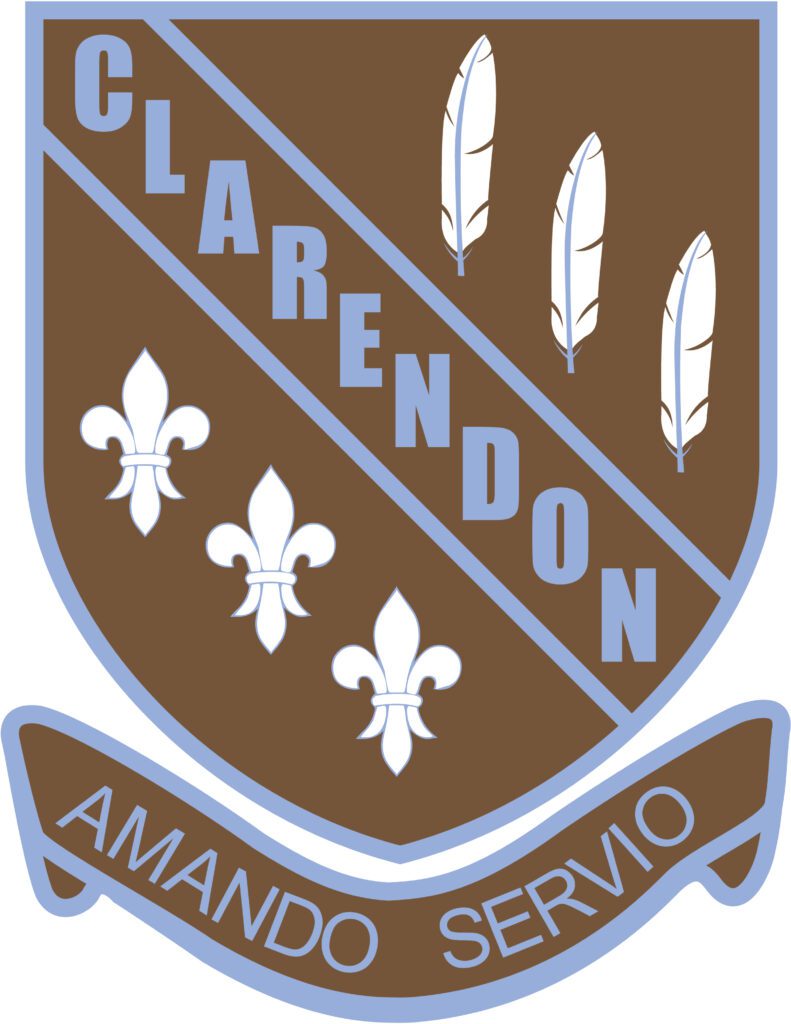
Our Remedial Unit at Clarendon Primary School offers quality child centred, multidisciplinary Remedial Education in a safe secure learning environment.
We offer a holistic approach to equip our learners to become functional and independent. The aim of specialised instruction is to uplift and develop learners to reach their full potential regardless of their challenges they experience.
Our highly trained staff are committed to providing appropriate, purposeful, engaging multi-level instruction so that learning confidence is restored for all learners in a happy, encouraging environment.
Our multilingual and multifaceted classroom community caters for the diverse needs of learners so that each child develops at their own pace.
The Remedial Unit offers support from Grades 2 to 5 with the goal of returning the learners to the mainstream within 2 to 3 years. Children are welcomed back into the mainstream by Grade 6.
Occupational Therapy
What is an Occupational Therapist?
An Occupational Therapist is a holistic client-centred health professional concerned with promoting health and well-being through meaningful activities. The overall goal of occupational therapy is to enable people to participate in the activities of everyday life. Occupational therapists achieve this outcome by working with people and communities to enhance their ability to participate in the occupations they want to, need to or are expected to do or by modifying the occupation or the environment to better support their occupational participation.
What does an Occupational Therapist do?
School-based occupational therapists are occupational therapists (OTs) who use meaningful activities (occupations) to help children participate in what they need and/or want to do in order to promote physical and mental health and well-being. Occupational therapy addresses the physical, cognitive, psychosocial and sensory components of performance. In schools, occupational therapy practitioners focus on academics, play and leisure, social participation, self-care skills (ADLs or Activities of Daily Living), and transition/ work skills. Occupational therapy’s expertise includes activity and environmental analysis and modification with a goal of reducing the barriers to participation.
What are the benefits of Occupational Therapy?
Two of the most important components are a child’s confidence and emotional well-being. In the Remedial unit we try our best to boost learner’s confidence. Treatment incorporates “just the right challenge” for children to be motivated, experience success yet still achieves or work towards their specific goals. A child who lacks confidence or is emotionally dysregulated cannot be expected to function in a classroom at their full potential. Therapy is fun, play based and at the child’s level.
Speech therapy
What is a speech-language therapist?
Speech-language therapists may work in schools, hospitals or in a private practice setting. They have training in the areas of speech; fluency; voice; language; auditory processing difficulties; augmentative and alternative communication (AAC); feeding and swallowing difficulties and higher cognitive communicative skills.
A speech-language therapist provides a continuum of services to prevent, identify, assess and treat various communication difficulties. Speech-language therapists collaborate with parents, teachers and other professionals to assist children whose communication profile may be negatively impacting on their daily life.
What does a speech-language therapist do?
Consultative and collaborative intervention to assist children to reach their full developmental potential. Services may vary across a continuum of support that best meet the needs of the child to maximize their learning opportunities and success.
These services may include:
- Student-specific assessment, diagnosis and recommendations
- Monitor student progress
- Parent and school staff education
- Classroom-based supports
- Referral to additional professionals as required
- Program, resource and policy development
What is speech-language therapy (in a school setting):
Speech-language therapy refers to intervention/treatment to improve communication skills. Communication skills include speech (articulation, fluency, etc.), verbal and written language (including vocabulary, sentence structure, reading and spelling skills), non-verbal language (eg. gesture and expression) and listening skills.
What are the benefits of speech therapy (in a school setting)
Improvement in the ability to understand and express thoughts, ideas and feelings.
Intelligible speech so your child is understood by others.
Increased ability to problem-solve in an independent environment.
- Achievement of school readiness skills
- Development of pre-literacy skills
- Improved vocal quality
- Fluent speech
- Development of practical social skills
- Better quality of life
- Greater self-esteem
- Increased independence
How has speech-therapy helped Clarendon learners specifically?
In the REM unit at Clarendon Primary School, speech-language therapy is built into the timetable. The therapist forms part of the school staff, enabling the formation of essential relationships with the teachers and children and involvement in the child’s overall learning and development. Children learn communication and literacy skills in a fun, dynamic, individualised and play-based setting. Support is provided through holistic intervention strategies from a multidisciplinary team including specialised REM teachers, an Occupational Therapist and a Speech Therapist.




